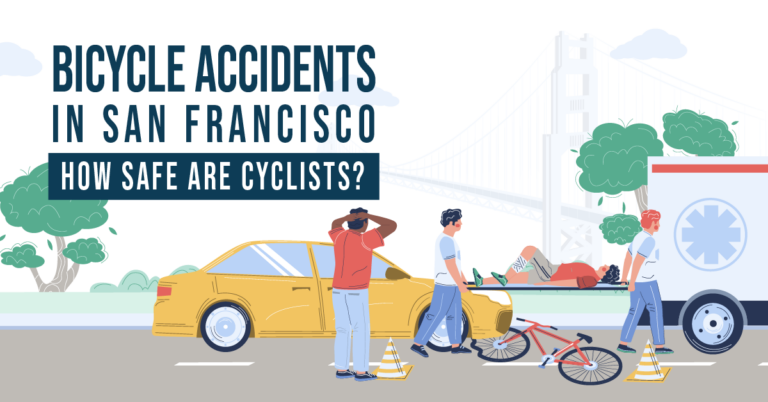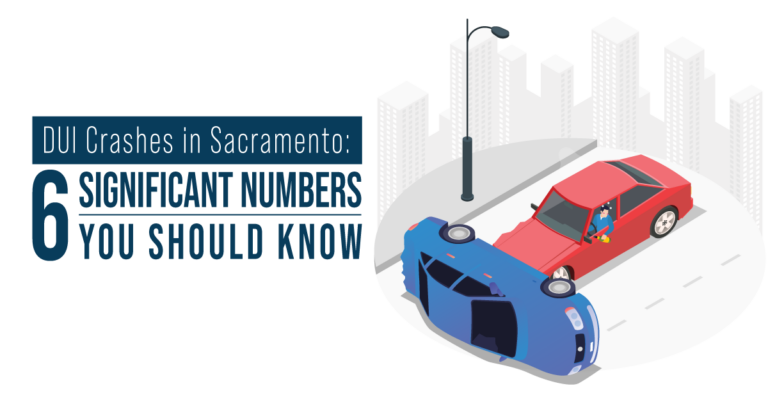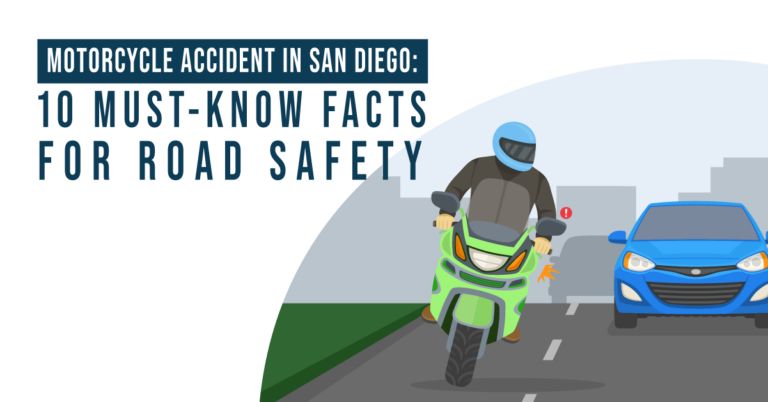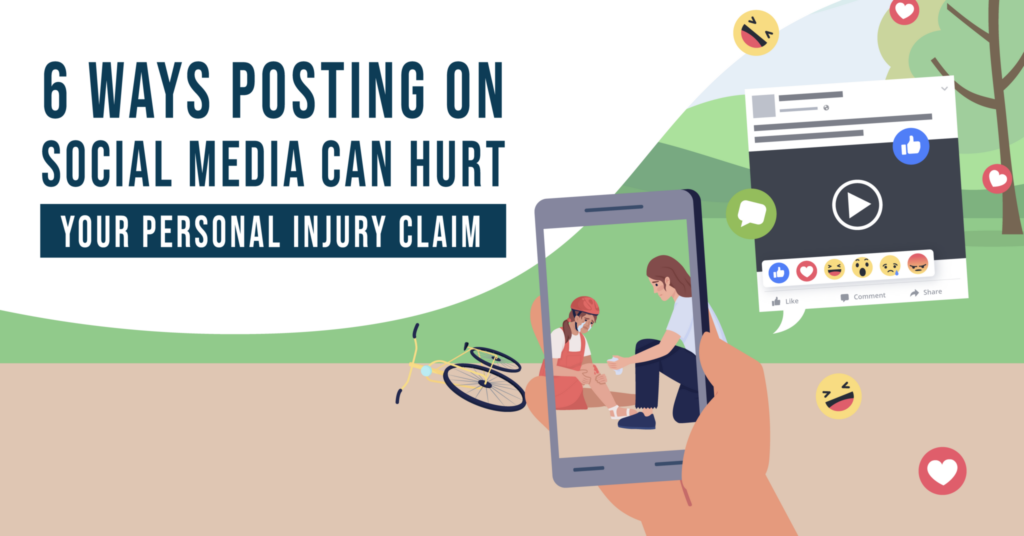
After an accident, it’s understandable that you want to share what happened with your family and friends on social media. However, know that if you decide to file a personal injury case because of it, any statements you make outside of court can be used against you.
In particular, the other party can use your social media statements to contradict your claim. Insurance companies can also use these posts to justify their lowball offer, which may be way less than the compensation you deserve.
Read below to know more about how social media and posting your personal injury claims online can impact your case.
6 Ways Social Media Can Undercut Your Personal Injury Claim
According to personal injury statistics, only 4% of 400,000 cases go to trial yearly. Even so, the opposing side prepares themselves thoroughly to help their client’s case using all means of gathering evidence, including social media.
1. You may contradict your previous testimony
Insurance companies or opposing counsels typically look for inconsistencies they can use to undermine your case. In that regard, sharing information on social media may work against you, especially if the activities posted conflict with your sworn statements.
For example, consider a scenario where you testify to a slip and fall accident. In your statement, you claim that it has left you with severe back pain and mobility and assert that you have difficulties participating in physical activities like jogging or sports. But after a few weeks, you post a photo on social media showing yourself engaging in a rigorous workout or playing a physical sport.
This apparent contradiction can cast doubt on the severity of your injury claims. As a result, the insurance company will have reason to negotiate for a lower offer than you deserve.
2. You may reveal what you’re able to do
Social media platforms can be outlets for sharing exciting moments in your life. But they can also provide a window into information that the opposing side can use to downplay your claim. Your posts may unintentionally reveal what you can do despite your alleged injuries.
Suppose you filed a personal injury claim regarding a workplace accident leaving you with a leg injury. You argue that this injury has made running or engaging in physical activities challenging. However, posting about your daily walk with your dog can create a discrepancy between your claims and demonstrated abilities.
Insurance companies or defending counsels can spin the story using your posts to reduce your credibility and the seriousness of the accident.
3. Your social media posts may tell a different story
Without you knowing it, your social media activity can have a broader impact on the overall narrative of your case. Insurance companies will always work in their favor. As such, they will search and scrutinize everything on your social media accounts.
Whether these are posts about your personal injury claim online, photos, or comments, the defending side will gather all useful evidence that can refute your version of events.
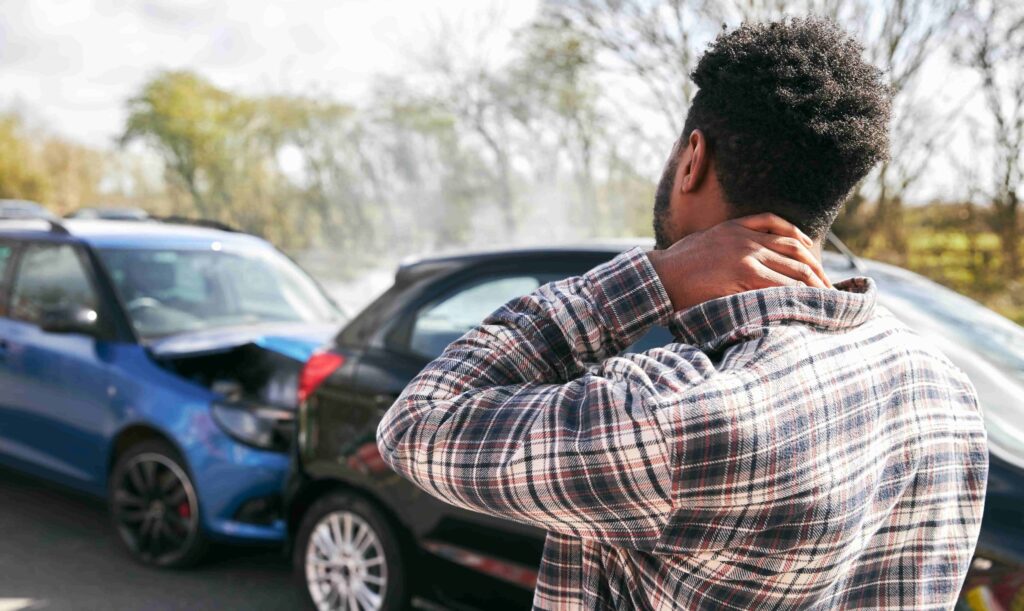
4. Your check-ins may weaken your claim
Visiting places for the first time can be fun, and you may want to share that excitement with your friends and family on social media. Facebook and Instagram have a check-in feature that allows you to publicly share your location. These check-ins can even memorialize your fun day in a specific place.
While sharing your exciting trip on social media seems harmless, it may have consequences when you have an ongoing personal injury case. When you check in at specific locations, you provide the opposing side with evidence of your activities and whereabouts during a particular day and time. They can use your posts online to challenge your personal injury claim’s validity.
Consider the hypothetical scenario of a car accident. The negligent party’s reckless driving caused a car crash that resulted in significant emotional distress and anxiety for you. However, check-ins at social events, parties, or vacations can make your claim inconsistent. In effect, it hurts your chances of getting fair compensation.
5. Other people’s posts or comments may jeopardize your compensation claim
Aside from your posts on your personal injury claim online, insurance companies may leverage other people’s comments and social media activity, especially if they relate to your case.
Consider a scenario where you’ve been in a car accident that resulted in neck injuries. Your mother posting photos of you and your family at a beach outing can weaken your claim. The opposing side can argue that your injuries aren’t as severe, thus, bringing your claim’s validity into question.
Besides other people’s posts, the opposing side can also use your friend’s comments that may contradict your statement—even if the comment was meant to be a joke. Remember, it’s challenging to distinguish the verbal cues and whatnot of an online post or comment. The other side can easily use them to lead the story away from your favor.
6. Your “Thank God, we’re okay!” posts may not help your claim
Posts expressing gratitude for being unharmed or only sustaining minor injuries create the impression that the accident has not caused significant harm. It’s like you are admitting that the incident isn’t all that serious. In effect, you may contradict your statement and downplay the severity of the accident’s consequences.
It’s safer not to post or comment on topics related to your accident. Also, never post anything related to your personal injury claims online, like the specifics of the incident, your injuries, or your well-being post-accident. Consider consulting a personal injury lawyer about what posts to avoid making when you have an ongoing case.
Don’t Let Social Media Downplay Your Claim
Airing out your frustrations about an accident you’re involved in on social media is understandable—it’s a place where you can connect and share experiences with peers and loved ones. However, this may not be the best move if you want to get the compensation you deserve. The opposing side can get a hold of the information you put out and use it to undermine your claim’s validity.
Overall, it might be in your best interest to stay off social media when you have an ongoing personal injury case. In that way, disabling your account (deleting is an extreme measure) makes sure you have less chances of hurting your case narrative because you are not in it at all–your friends and family can’t tag you in posts and you can’t share something that might affect your case, positively or negatively.
Ensure your personal injury case is safe by not posting it on social media. If you’ve been injured in an accident and need a personal injury lawyer in Orange County to work your case, reach out to us at RMD Law. Our team is composed of experienced lawyers ready for the tireless representation you deserve.
Contact us for a free case evaluation today!
- Bicycle Accidents in San Francisco: How Safe Are Cyclists? - July 10, 2023
- 6 Ways Posting on Social Media Can Hurt Your Personal Injury Claim - July 5, 2023
- DUI Crashes in Sacramento: 6 Significant Numbers You Should Know - July 3, 2023
